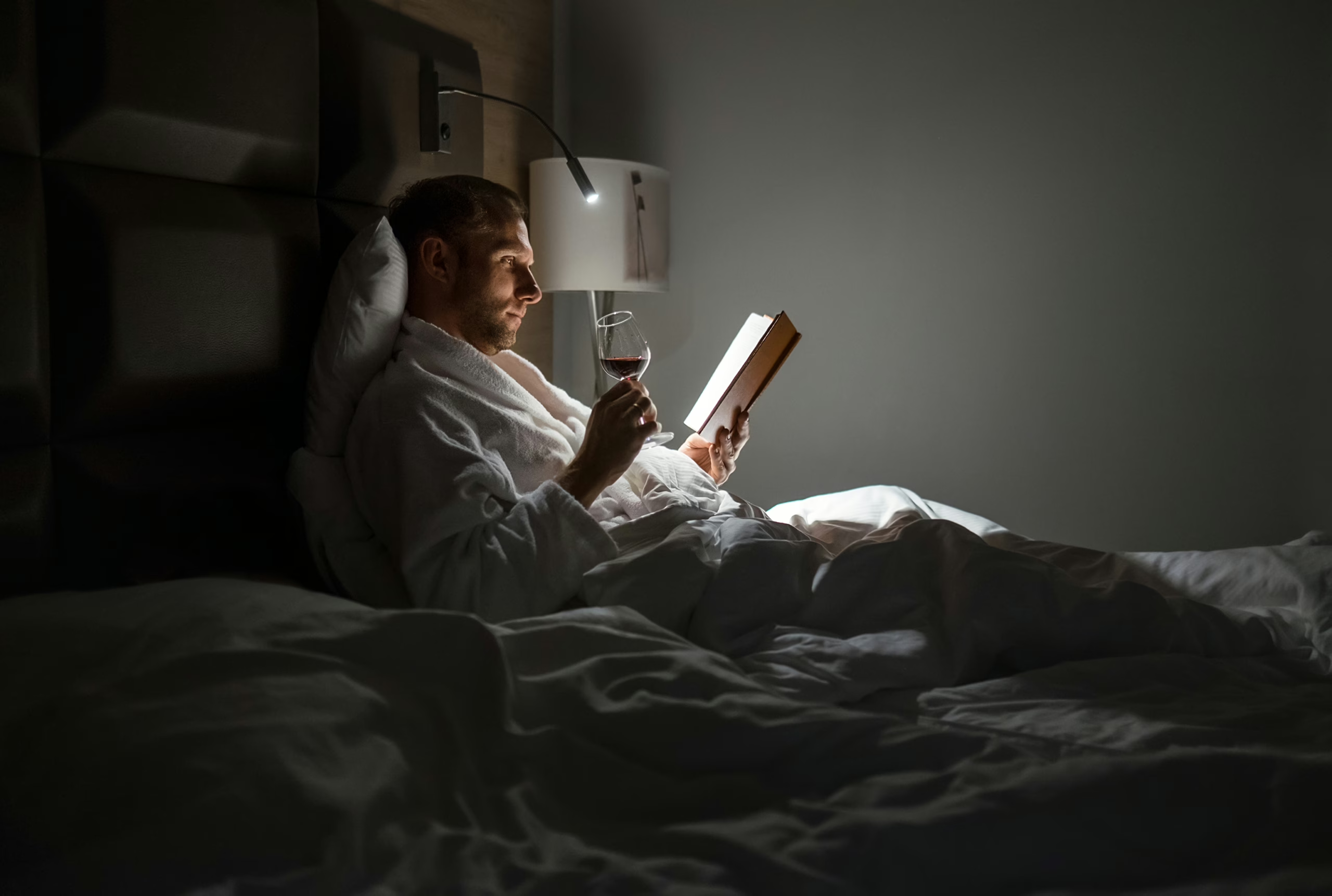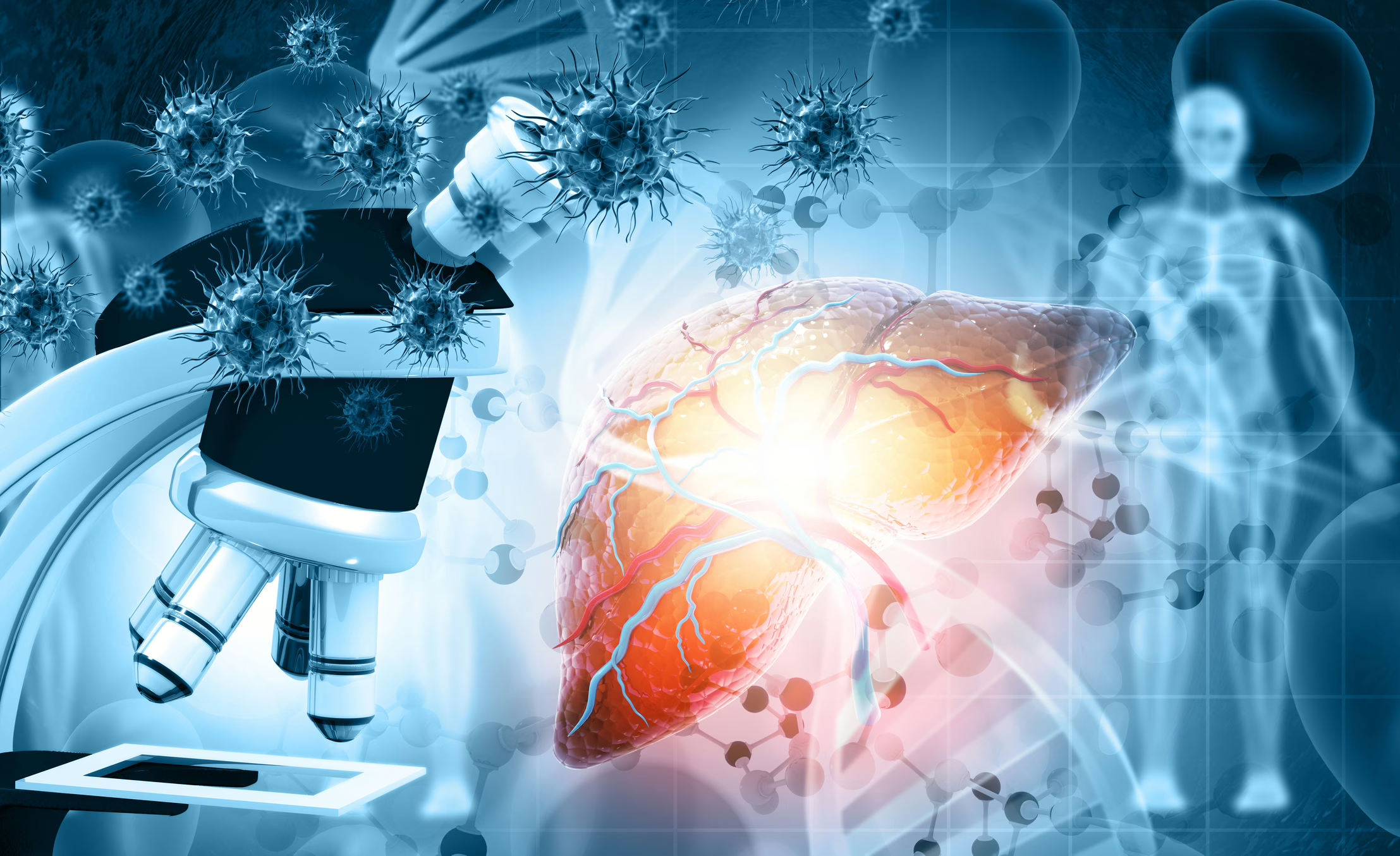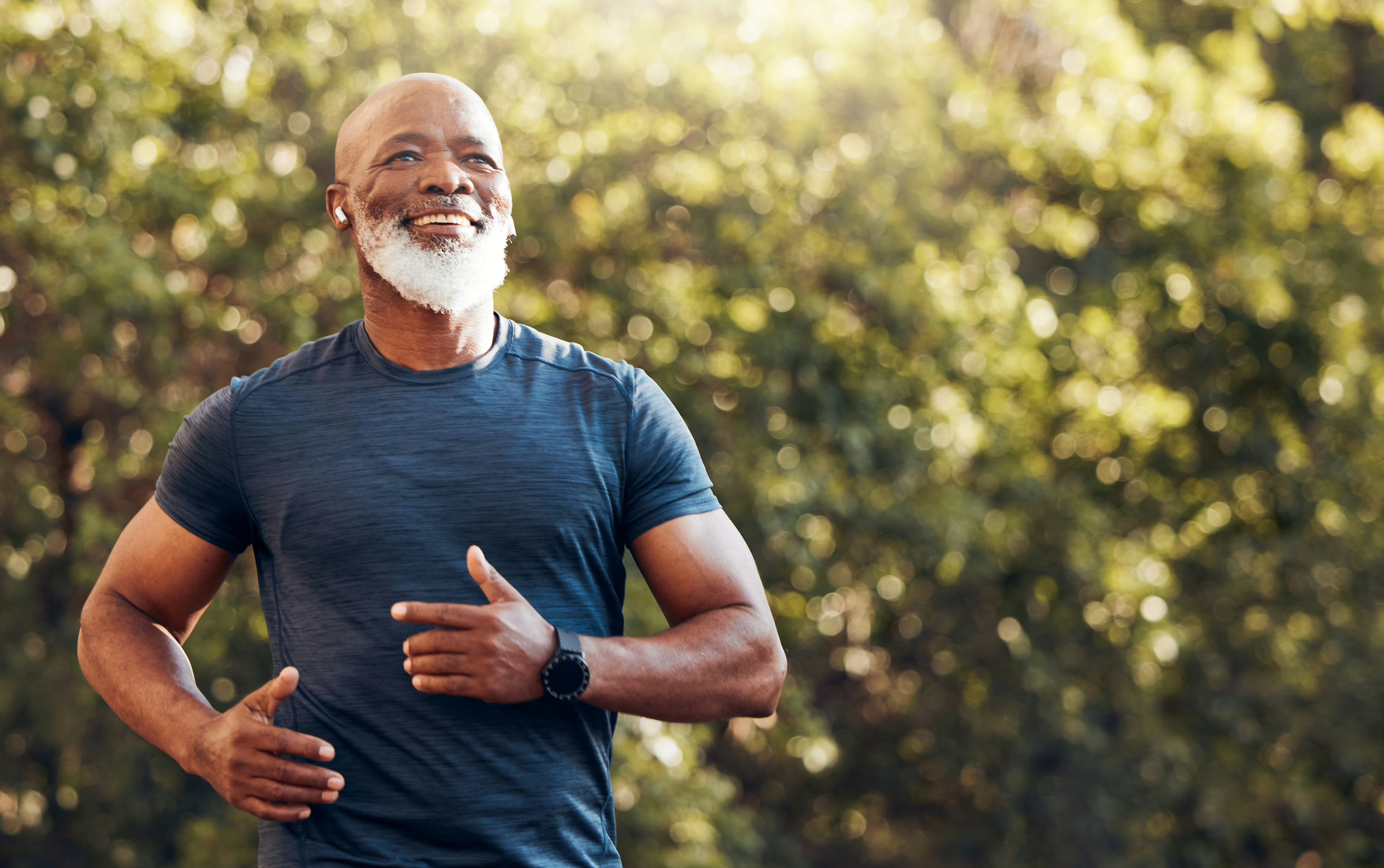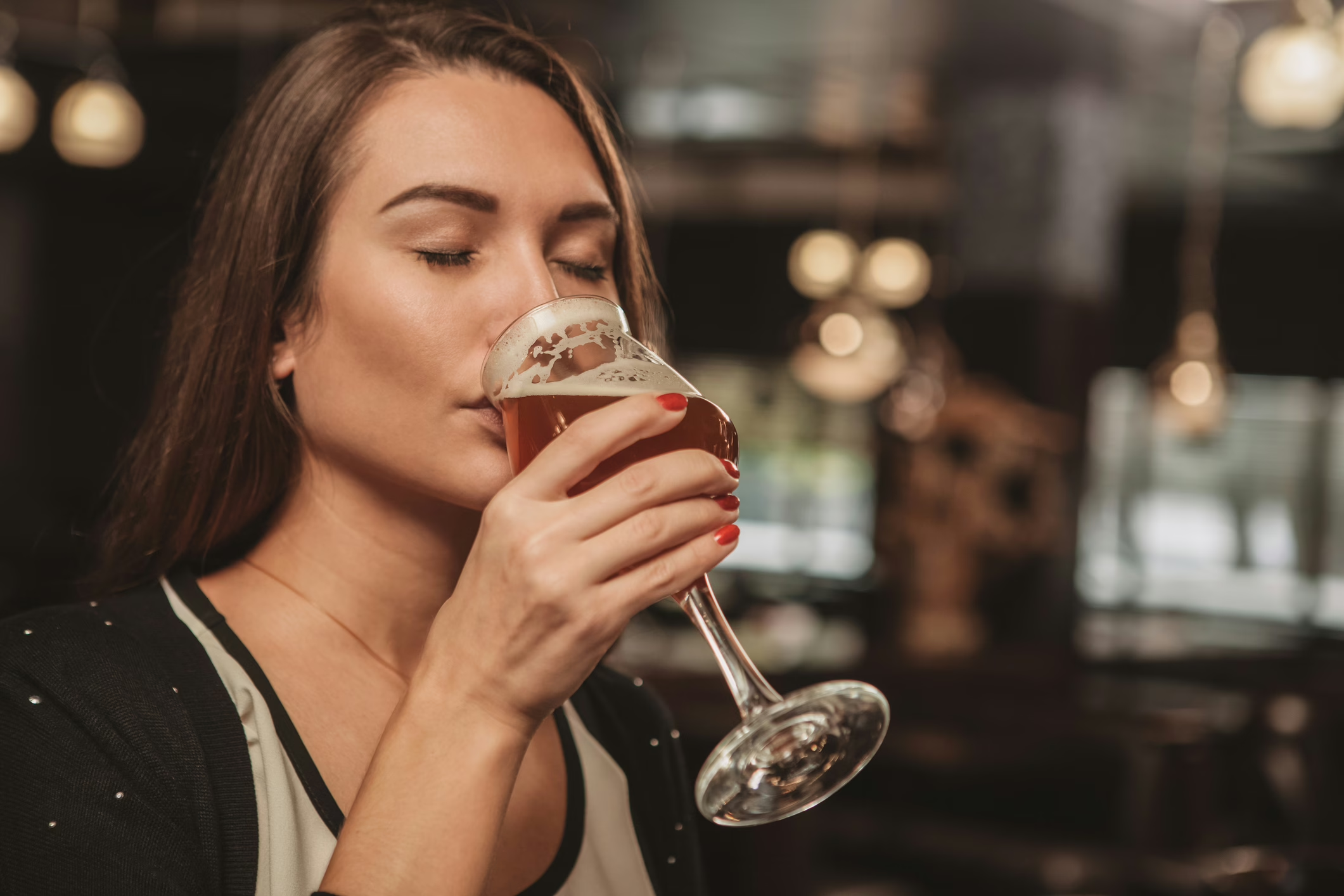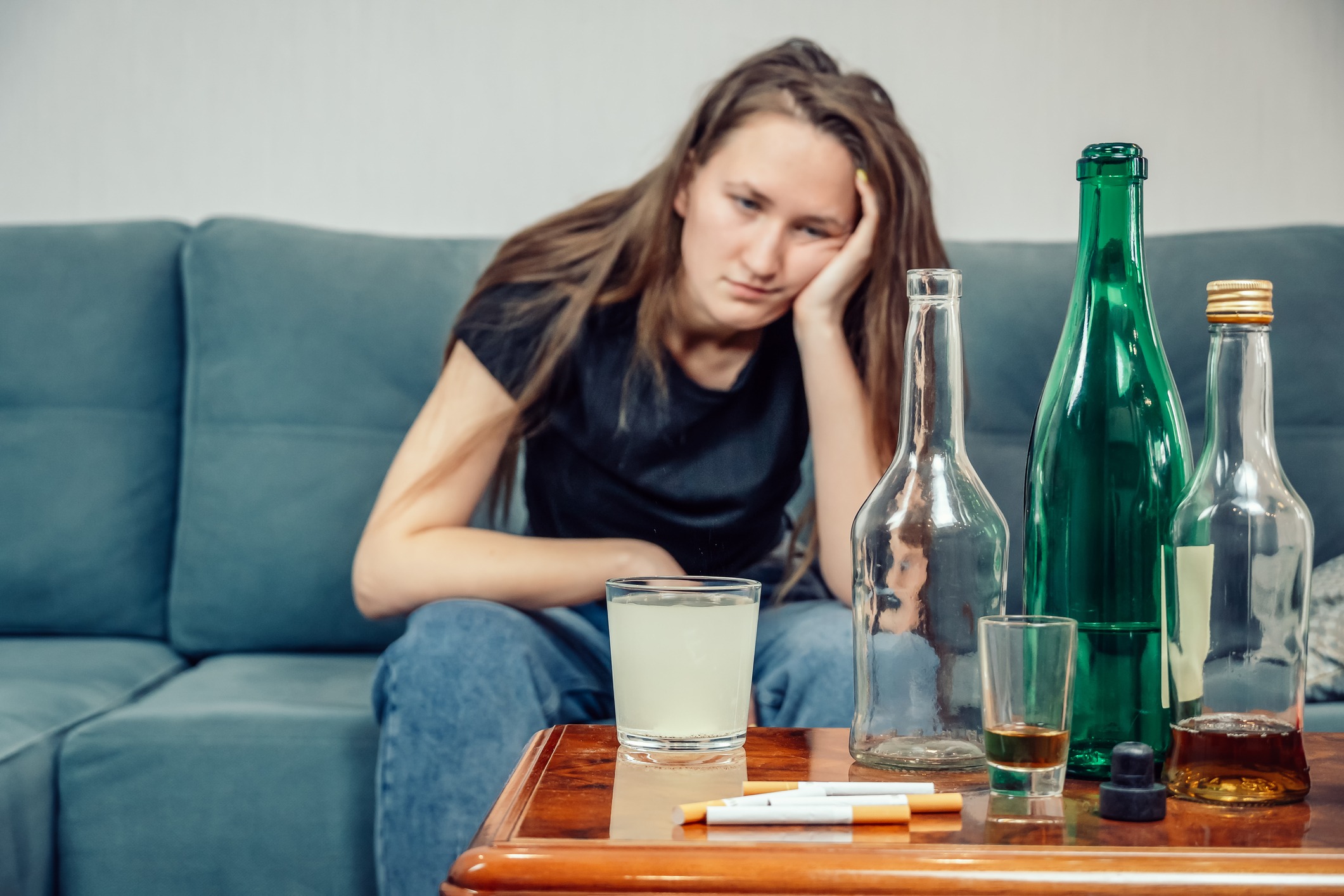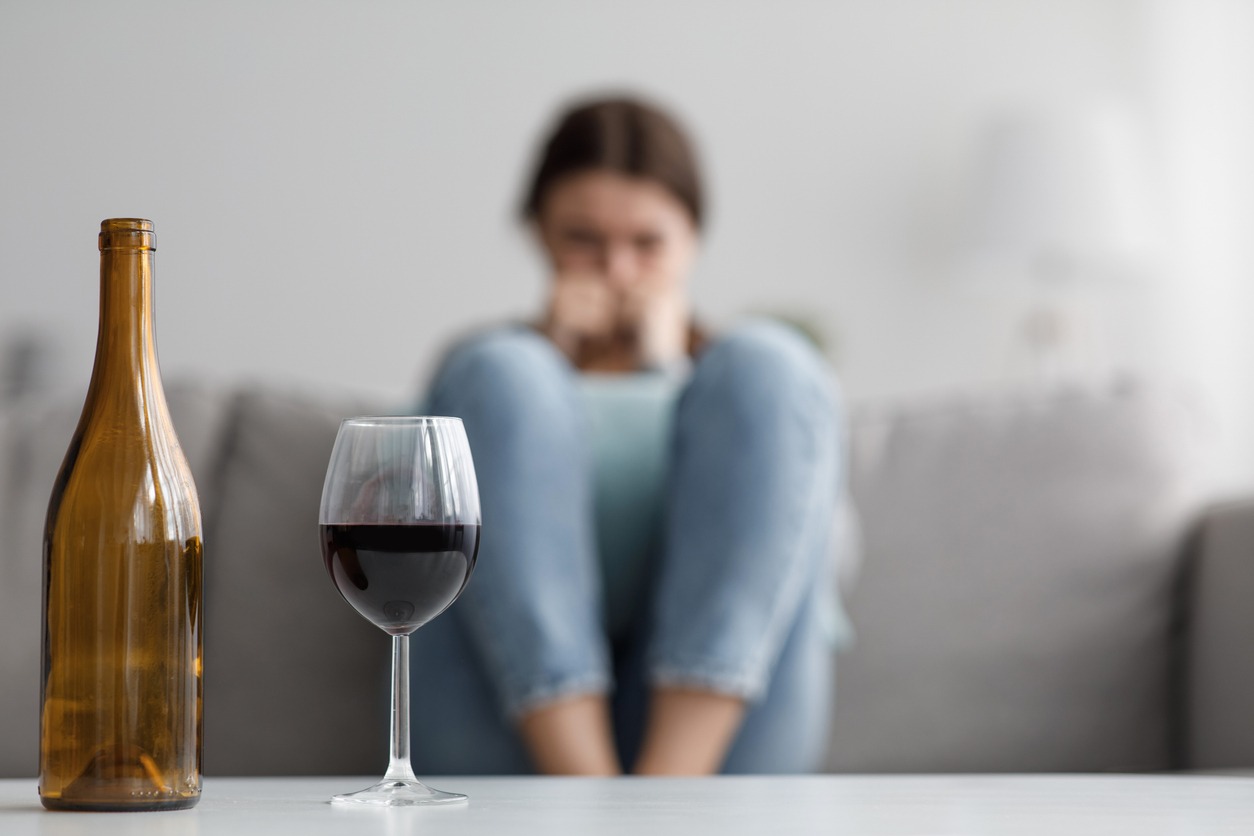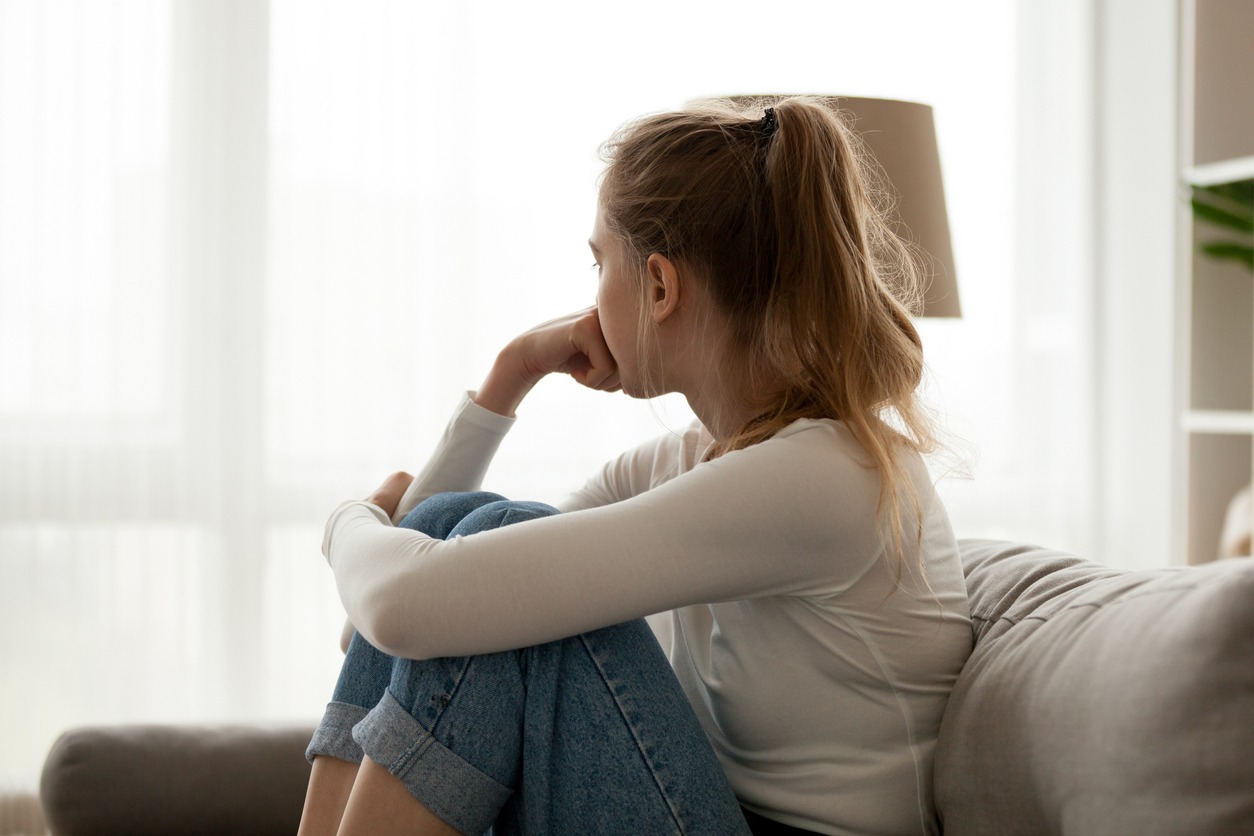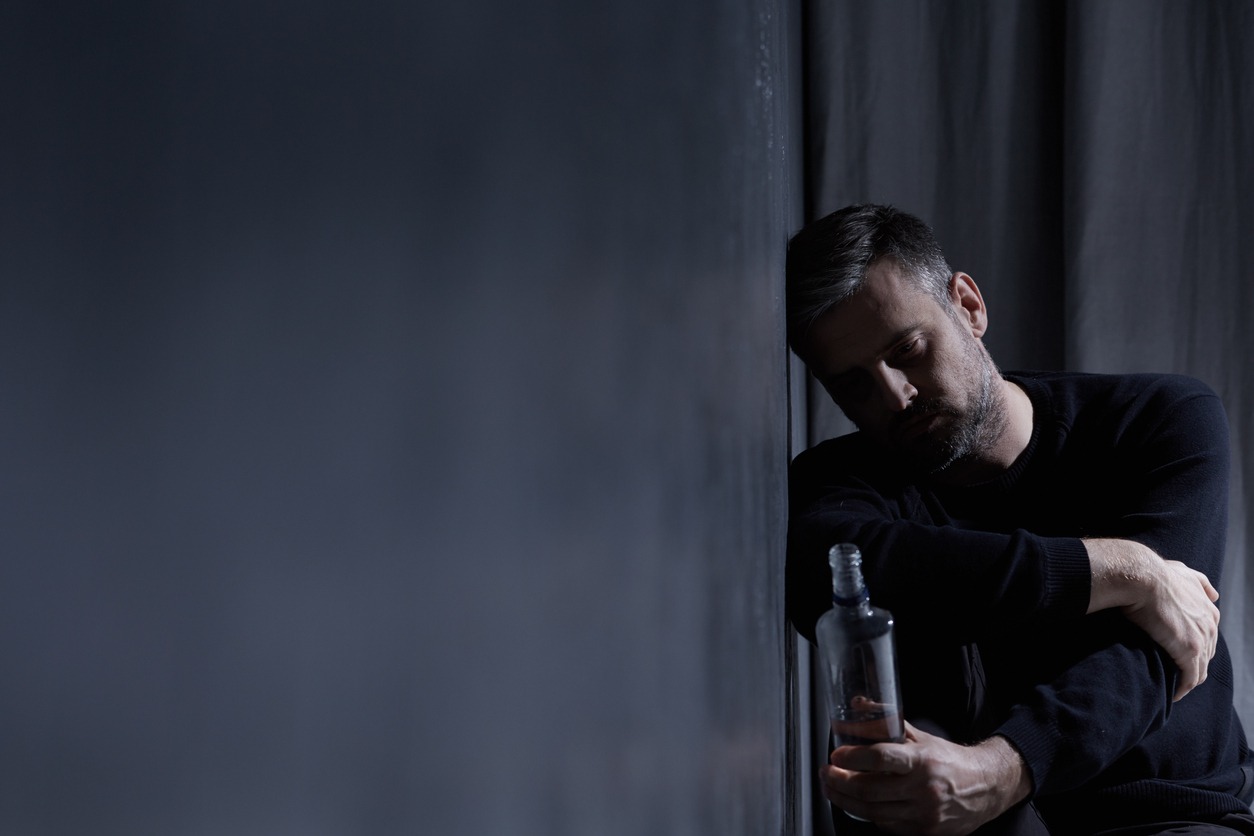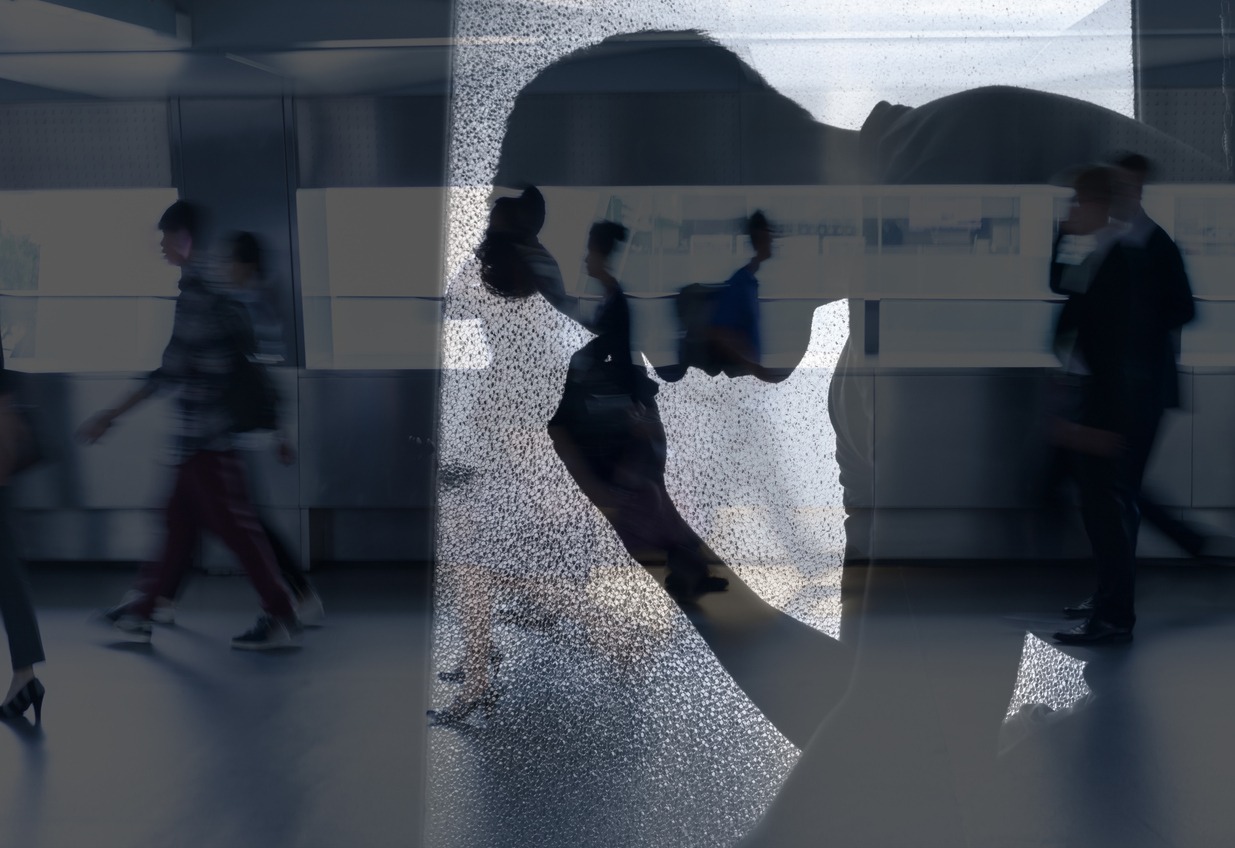Countless studies have documented the ways in which alcohol interferes with sleep, especially REM sleep, which is key to our wellbeing and mental health.
The effects are most pronounced if you drink in the evening before bed or if you’ve consumed more than 2-3 drinks over the course of a day. Those effects generally linger for 2-3 nights even after you’ve stopped drinking. Keeping tabs on your sleep if important to your overall health and besides limiting your alcohol intake, here are some general tips for improving your sleep:
- Turn-off all electronics at least an hour before bed as the blue light emitted from devices (TV, cell phones, tablets) suppresses the production of melatonin in the brain, which will interfere with your ability to fall asleep.
- Instead of binge-watching your favorite show or scrolling through social media, dim the lights and enjoy a cup of chamomile tea. Just don’t drink too much or you’ll need a bathroom trip at 2:00AM.
- Take a hot bath filled with Epsom salts (which contain magnesium, a mineral known for relaxing muscles) and a few drops of lavender essential oil.
- Keep your bedroom cool (ideally 65-67 F) as your body will fall asleep more quickly in this temperature range.
- While in bed, try a few rounds of 4-7-8 breathing, which will slow your heart rate and promote a sense of calm. Inhale through your nose for a count of four, hold the breath for a count of seven, and slowly exhale through your nose or mouth for a count of eight. Repeat for a total of four to eight cycles.
- Sleep supplements like melatonin are fine, but stick with low doses and avoid melatonin if you are drinking alcohol. For many people, magnesium is a better option that doesn’t come with the morning fog some experience.
Sleep well!

